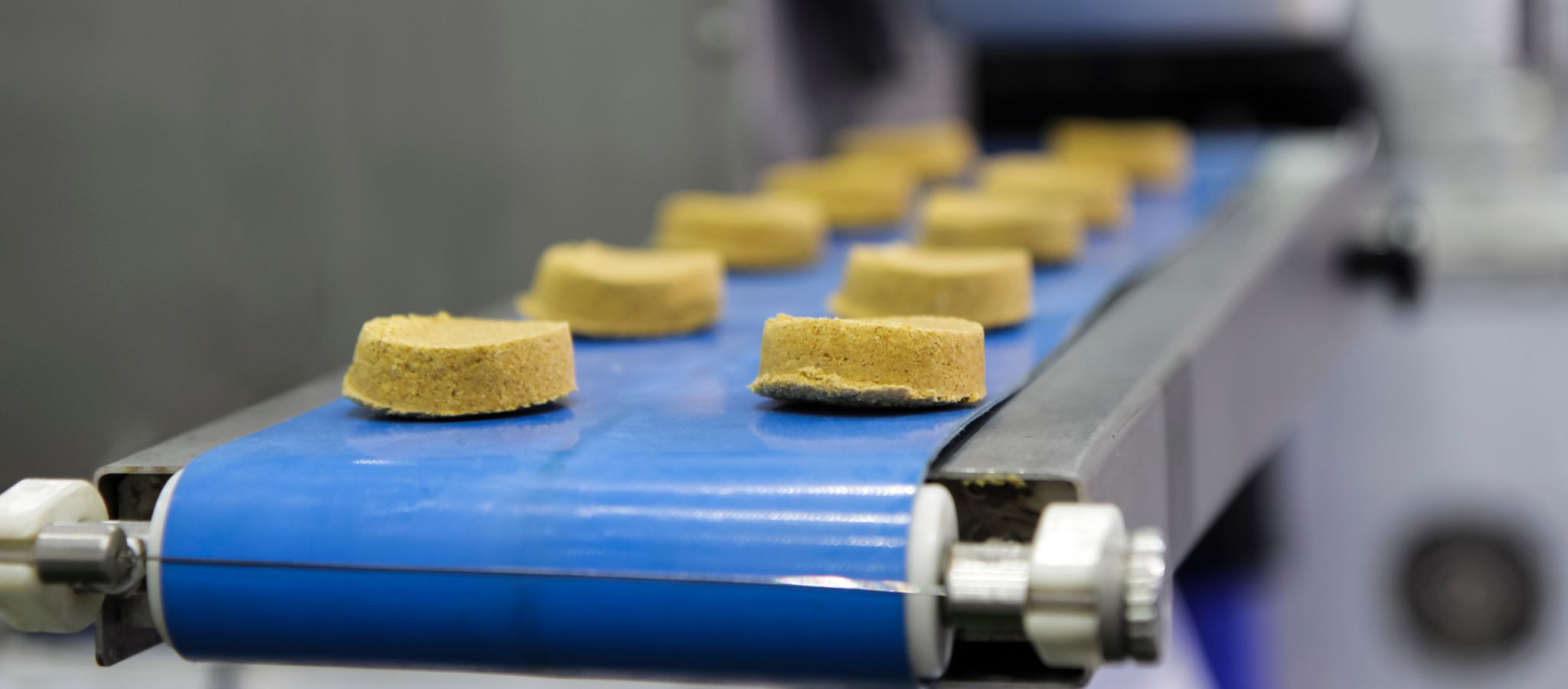Why Metal Detection is Critical for Food Safety and Compliance
With consumers expecting the highest standards when it comes to the food they purchase, and regulators enforcing stringent guidelines, metal detection has become an important tool in safeguarding food safety and maintaining compliance. But why exactly is metal detection so critical?
Protecting Consumers from Contamination
One of the primary goals of metal detection is to protect consumers from harmful contaminants. During food production, metal fragments can inadvertently enter the product through equipment wear and tear, broken machinery, or even human error. These contaminants can pose serious health risks, from minor injuries to severe gastrointestinal issues. By identifying and removing such hazards, metal detection systems act as the first line of defence against food borne harm.
Meeting Regulatory Requirements
Compliance with food safety regulations is non-negotiable in the food industry. Standards such as the BRCGS, IFS, and ISO 22000 require robust contamination control measures, including the implementation of metal detection systems. Additionally, many countries have strict laws governing food safety, and failing to meet these can lead to significant fines, product recalls, and even criminal liability. Metal detection ensures that businesses adhere to these requirements, avoiding legal repercussions and protecting their reputation.
Preventing Costly Product Recalls
Product recalls due to contamination are not only expensive but also damaging to a company’s reputation. In the competitive food industry, trust is hard-earned and easily lost. Metal detection systems help prevent contaminated products from reaching consumers, reducing the risk of recalls. This not only saves money but also preserves brand loyalty and consumer confidence.
Supporting HACCP Principles
Hazard Analysis and Critical Control Points (HACCP) is a globally recognised approach to food safety management. Metal detection systems play a critical role in this framework by acting as a control measure for physical hazards. By identifying and addressing potential contamination risks, metal detectors help manufacturers uphold HACCP principles and deliver safe products to market.
Enhancing Production Efficiency
Modern metal detection systems are designed to integrate seamlessly into production lines, minimising downtime and improving efficiency. Advanced models can differentiate between actual contaminants and benign interference, reducing false rejects and product wastage. This level of precision ensures that businesses can maintain high productivity without compromising on safety.
Boosting Consumer Confidence
Today’s consumers are more informed and discerning than ever before. They want to know that the products they consume are safe, ethically produced, and compliant with industry standards. Investing in metal detection systems demonstrates a commitment to quality and safety, which can enhance consumer confidence and foster brand loyalty.
Staying Ahead of Industry Trends
With the rapid advancement of technology, metal detection systems are becoming more sophisticated. Features such as automated reporting, remote monitoring, and integration with traceability systems are transforming food safety management. By adopting the latest metal detection technology, businesses can stay ahead of industry trends and maintain a competitive edge.
Conclusion
Metal detection is not just a technical necessity; it is a cornerstone of food safety and compliance. By protecting consumers, ensuring regulatory adherence, and supporting efficient production processes, metal detection systems help manufacturers meet the highest standards in an increasingly demanding industry. For food businesses, the message is clear: investing in robust metal detection systems is an investment in safety, compliance, and long-term success.
MWS sells high quality metal detectors that come with a range of specifications to meet BRCGS Standards or leading supermarket requirements such as M&S, Tesco and Sainsbury’s. Speak to one of our specialists today to find out what system is right for you.





















